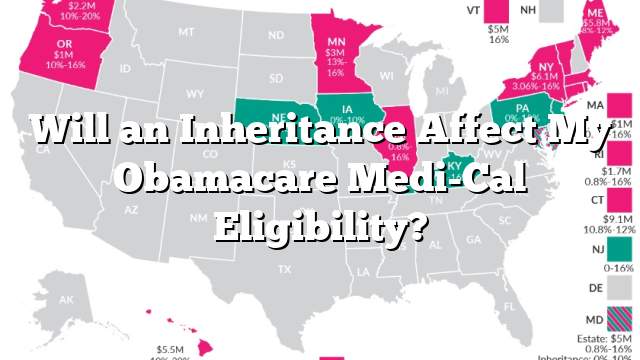

Prior to Obamacare, insurance companies could deny coverage or charge more based on preexisting conditions. Now, however, the Affordable Care Act mandates that insurers cover preventive care as part of the agreement.
Many have gained access to affordable health care thanks to the Affordable Care Act (ACA). Unfortunately, its opponents have made numerous efforts to repeal it and file numerous lawsuits against it – more than 50 attempts so far!
Why was obamacare created?
Before the Affordable Care Act/Obamacare was created, people with preexisting conditions were not eligible to purchase health insurance and were forced to incur high medical bills for tests and treatments. With its creation, this changed and healthcare became more affordable.
President Barack Obama signed into law, what became widely known as “Obamacare”, in March 2010. This law expanded access to health insurance for millions of Americans at affordable costs while cracking down on abusive insurance practices and trying to control rising costs.
It also made it illegal for insurance companies to discriminate against people with preexisting conditions and required people to carry health insurance or face a penalty. Many consider the ACA the most significant change to U.S. healthcare policy since Medicare, the government program that provides health coverage for seniors was introduced in 1965; yet many Republicans and members of the general public opposed its implementation.
It was created to make health insurance more affordable.
The Affordable Care Act, more commonly known by its acronym Obamacare, was intended to make health insurance more affordable for many Americans. Under this law, health plans must include at least 10 essential benefits and subsidies may be available for low-income families. Furthermore, Medicare recipients now enjoy more affordable prescription drugs through Obamacare which has helped lower hospital visits costs as a result.
The Affordable Care Act has enabled people with preexisting conditions to obtain coverage, while eliminating states’ penalties on uninsured. Furthermore, this law has expanded small business options when providing healthcare coverage for employees.
However, the Affordable Care Act has had its share of challenges: its website was often inaccessible to many Americans trying to understand its complexities; furthermore, signing up for an appropriate plan proved challenging; RAND researchers noted that lack of understanding and health literacy were primary obstacles. Still, progress toward universal coverage has been made.
It was created to help people with preexisting conditions.
The Affordable Care Act, more commonly known by its acronym Obamacare, enabled people with preexisting conditions to gain affordable health insurance policies that enabled them to afford preventive care, reduce hospital visits and contain their rising healthcare costs. Furthermore, this gave them an opportunity for early treatment of their preexisting condition before it worsened further.
Before the ACA was passed into law, health insurers could refuse coverage, increase your premiums or impose waiting periods based on preexisting conditions, as well as annual or lifetime limits that left many Americans facing expensive life-threatening illnesses facing huge bills they couldn’t pay.
The Affordable Care Act (ACA) prohibits health insurers from discriminating against people with preexisting conditions, and allows all consumers to purchase health coverage through state or federal exchanges that are subsidized by the federal government. Furthermore, the law encourages states to expand Medicaid and provides penalties for those who do not maintain continuous coverage – though currently being threatened by congressional Republicans who wish to repeal it altogether.
It was created to help small businesses pay for health insurance.
Before Obamacare was implemented, many small businesses were required to purchase health insurance for their employees, often at considerable financial strain. Employees without health coverage often ended up visiting an emergency room instead, where they would often incur expensive charges. With Obamacare implemented, insurance companies now must offer affordable plans without discrimination for people who may have preexisting conditions.
Small business owners were able to significantly lower healthcare costs as a result. Furthermore, Obamacare required everyone to obtain health coverage or face penalties – this may seem intrusive but is meant to discourage individuals from forgoing insurance and burdening the system with unnecessary strain.
The Affordable Care Act/Obamacare created new markets for people to buy healthcare, enabling Americans to purchase zero-premium silver plans at zero premium cost and those earning between 100%-400% of federal poverty line to receive assistance to cover their premiums and out-of-pocket expenses; all helping reduce healthcare costs across America.






